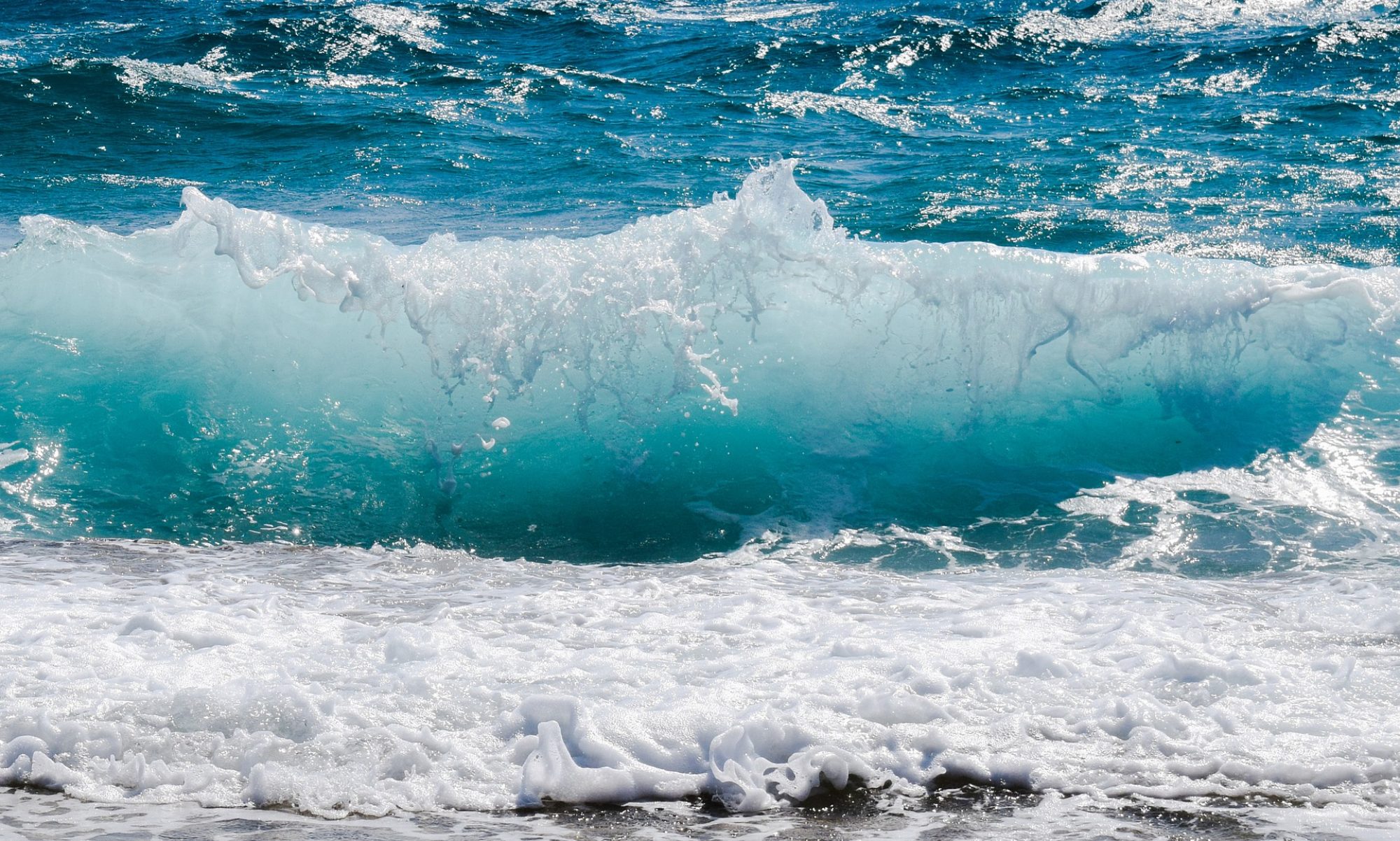GeoPlant is a business carried out by 6th year students of seccondary school. With the objective of facing the problematic of lack of green spaces in our surrroundings , we design the solution in a mobile application called GeoPlant. The main purpose of this innovative tool is to notice merchants, municipalities, gobernants and neighbours which type of bushes, plants or trees you are capable to plant in your garden, square, field, and many places by a questionnaire with different options easy to understand, which by finishing it, it will give you a result of which type of soil do you have, and what can you plant in it.
We also developed a website.
Problematic
The increasing of green spaces can really be essential for the prosperity of the biodiversity. Nowadays, it´s very common the lack of this spacces, due to the large amount of edifications that are because of the big crew of people that live in those cities. Our group decided to emphazise in this subject, because we are interested in how the lack of this green spaces damage our health and reduce anthropic action, because through the process of photosynthesis, trees are able to absorb carbon dioxide CO2 from the atmosphere and expel oxygen (O2) as waste, which we need to live, simultaneously reducing the environmental impact.
<a href="http://”>http://<iframe src=”https://docs.google.com/presentation/d/e/2PACX-1vTY_sdSpcsHEWBENZBoc1SULF4_onlyP7EiCS312jt0ve3DWHRR-XQmMTOaRl41XQKWFsG3zO51hDII/embed?start=false&loop=false&delayms=3000″ frameborder=”0″ width=”960″ height=”569″ allowfullscreen=”true” mozallowfullscreen=”true” webkitallowfullscreen=”true”></iframe>
